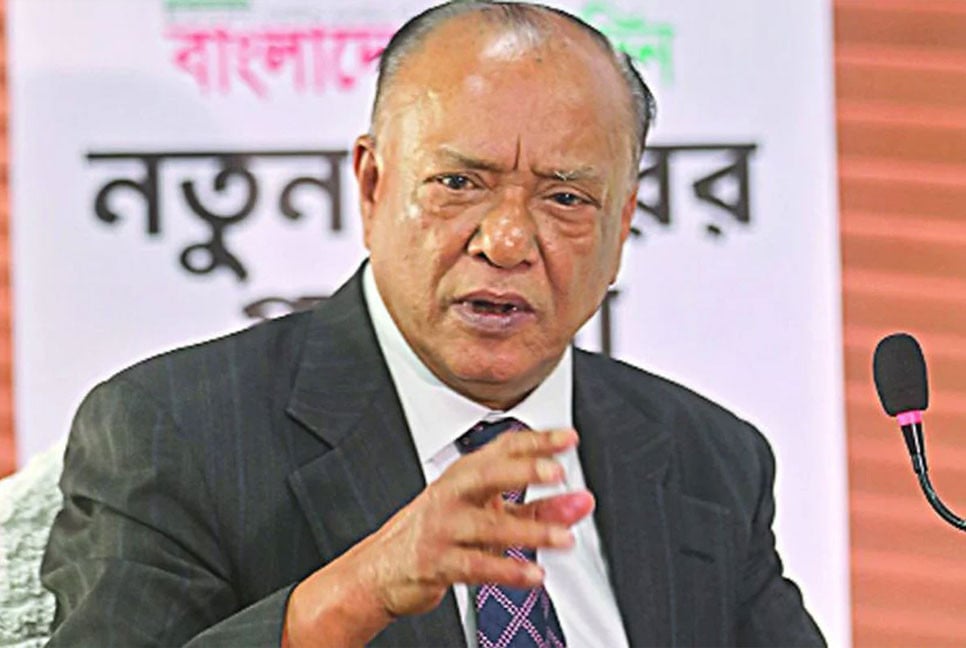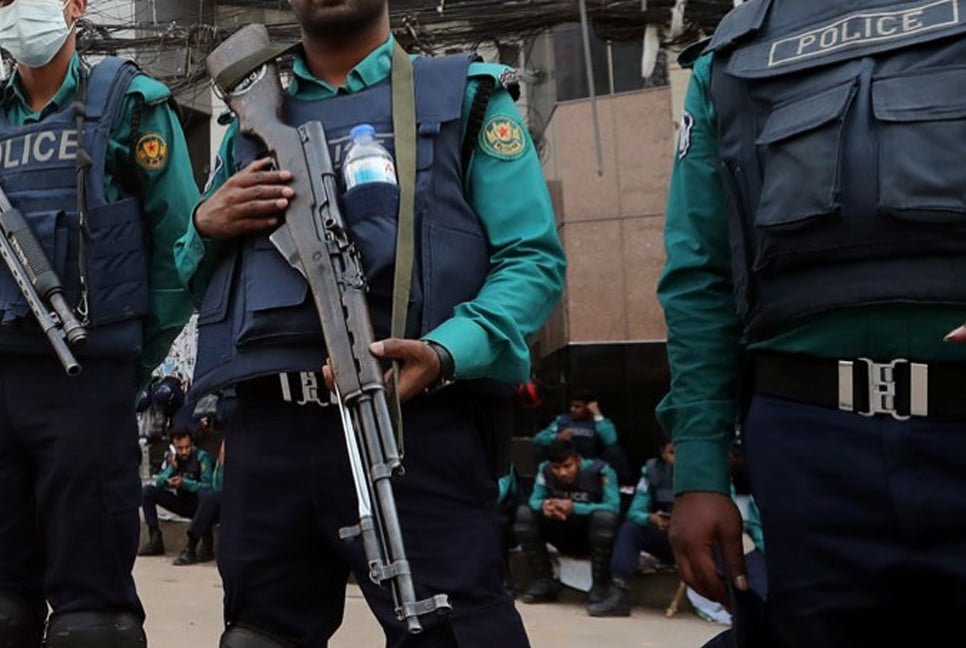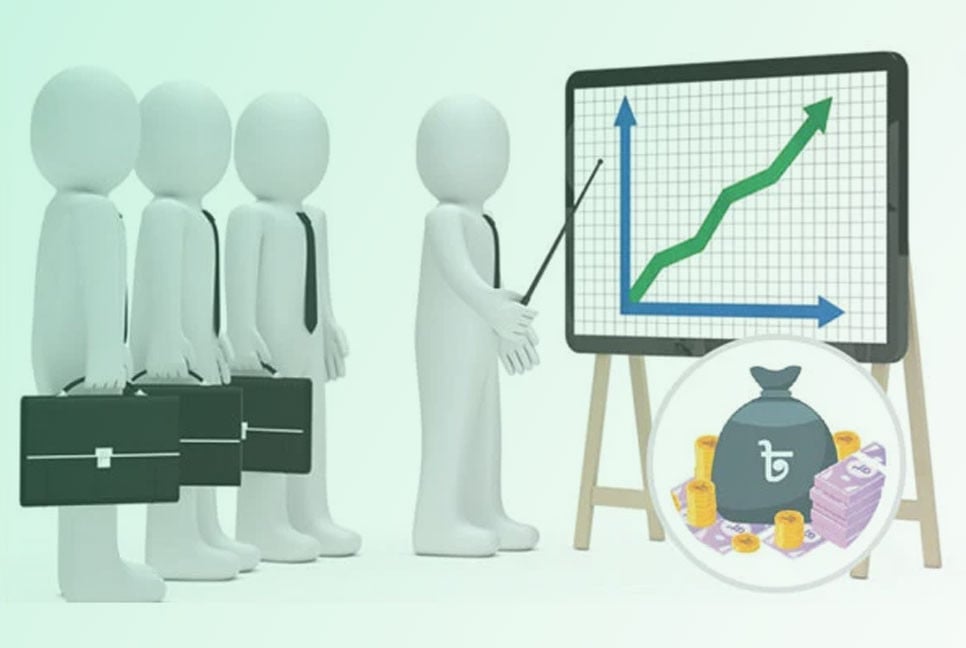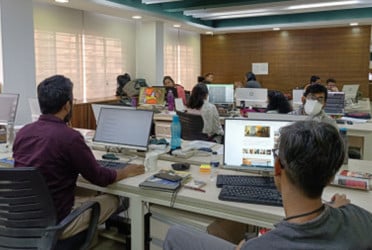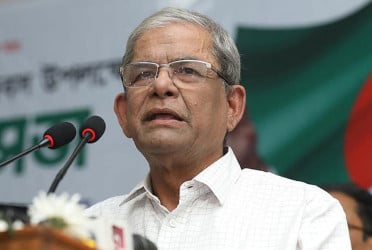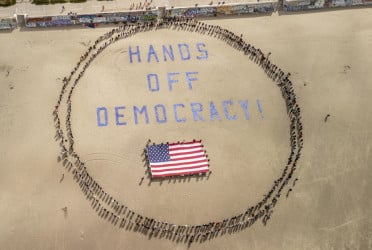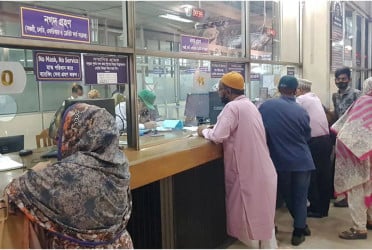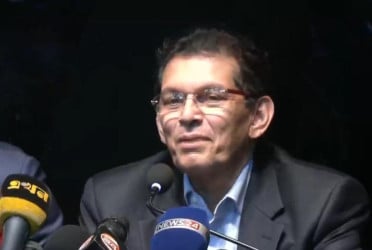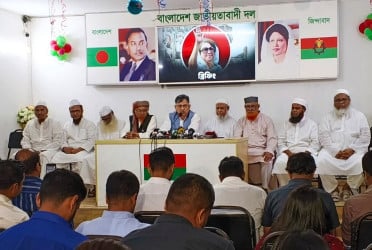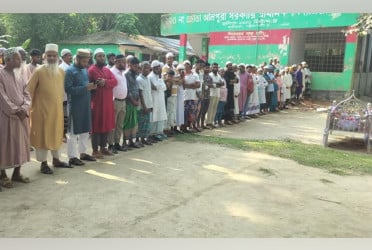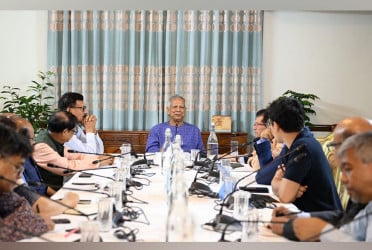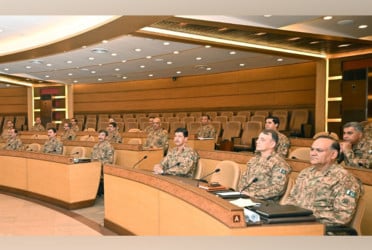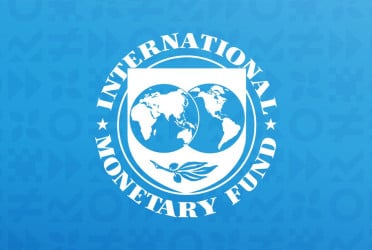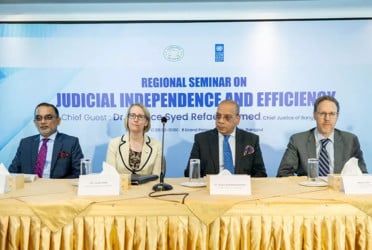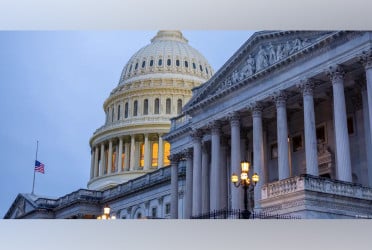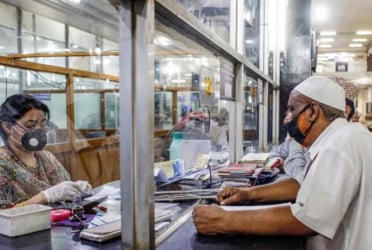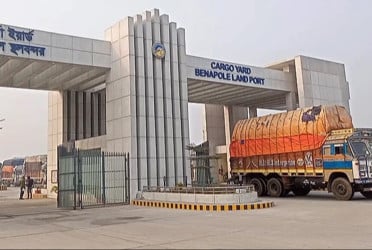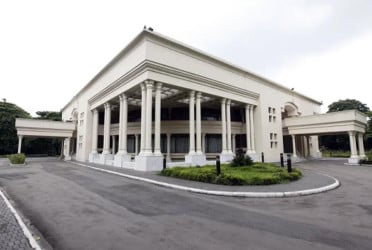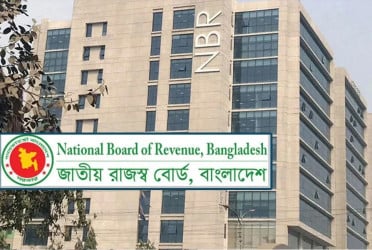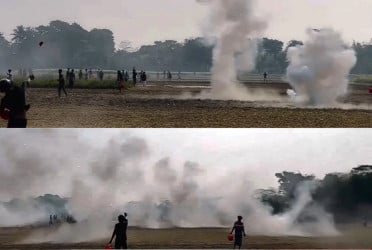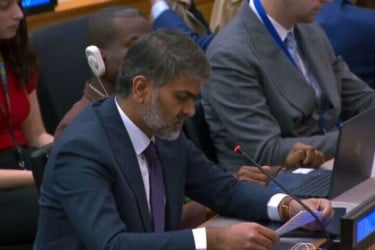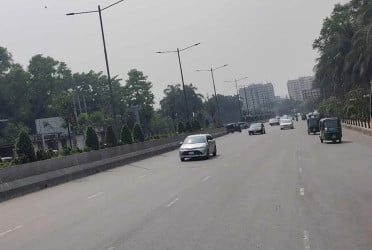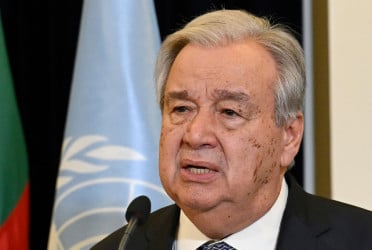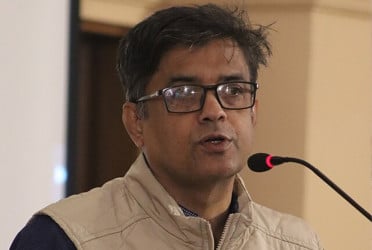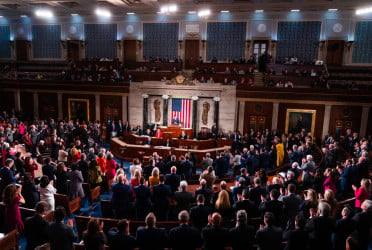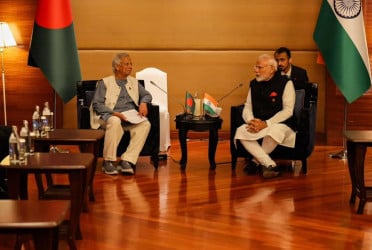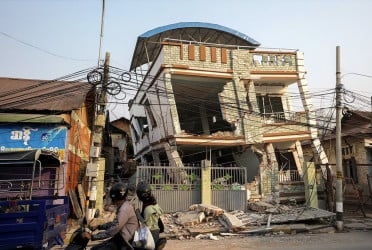The country's business environment has become increasingly inhospitable, with the economy teetering on the brink of stagnation and crisis. Industrial capacity is dwindling, the devaluation of the taka against the dollar has disrupted raw material imports, and worker discontent is mounting as factories shut down one after another.
The manufacturing sector remains in turmoil, and the government’s proposal to sharply raise gas prices for industries threatens to worsen the situation.
Two years ago, industrial gas prices were raised by 150–178%, followed by another increase last year. Now, the government is proposing a drastic 250% hike, which would raise the unit price of gas from 30.75 taka to 75.72 taka.
Industries rely on two types of gas connections. One for running factory boilers, and another, known as captive connections, for generating power in large factories. Under Petrobangla's latest proposal, old customers would face higher rates for exceeding permitted loads, while new customers would be required to pay up to 50% of their approved load upfront. These measures would place additional financial strain on businesses already grappling with skyrocketing dollar rates and soaring raw material costs.
The fallout is clear; product prices are surging, market stability is eroding, and social unrest is intensifying. Industrial stagnation is being compounded by Bangladesh Bank's decision to raise interest rates to curb inflation, putting further pressure on the economy. Workers, unable to afford basic necessities, are increasingly taking to the streets in protest. Labor dissatisfaction continues to grow, while the interim government struggles to make essential goods affordable for consumers.
In this critical situation, the path forward requires meaningful reforms and a swift transition to a political government through free and fair elections. Only a politically stable administration can implement the necessary measures to revitalize industrial productivity, control inflation, and stabilize the economy.
Urgent action is required. The government must focus on reducing utility costs for industries and paving the way for democratic governance to navigate the nation out of this economic crisis.
Author: Former President, FBCCI
Translated by Jisan Al Jubair
Bd-pratidin English

